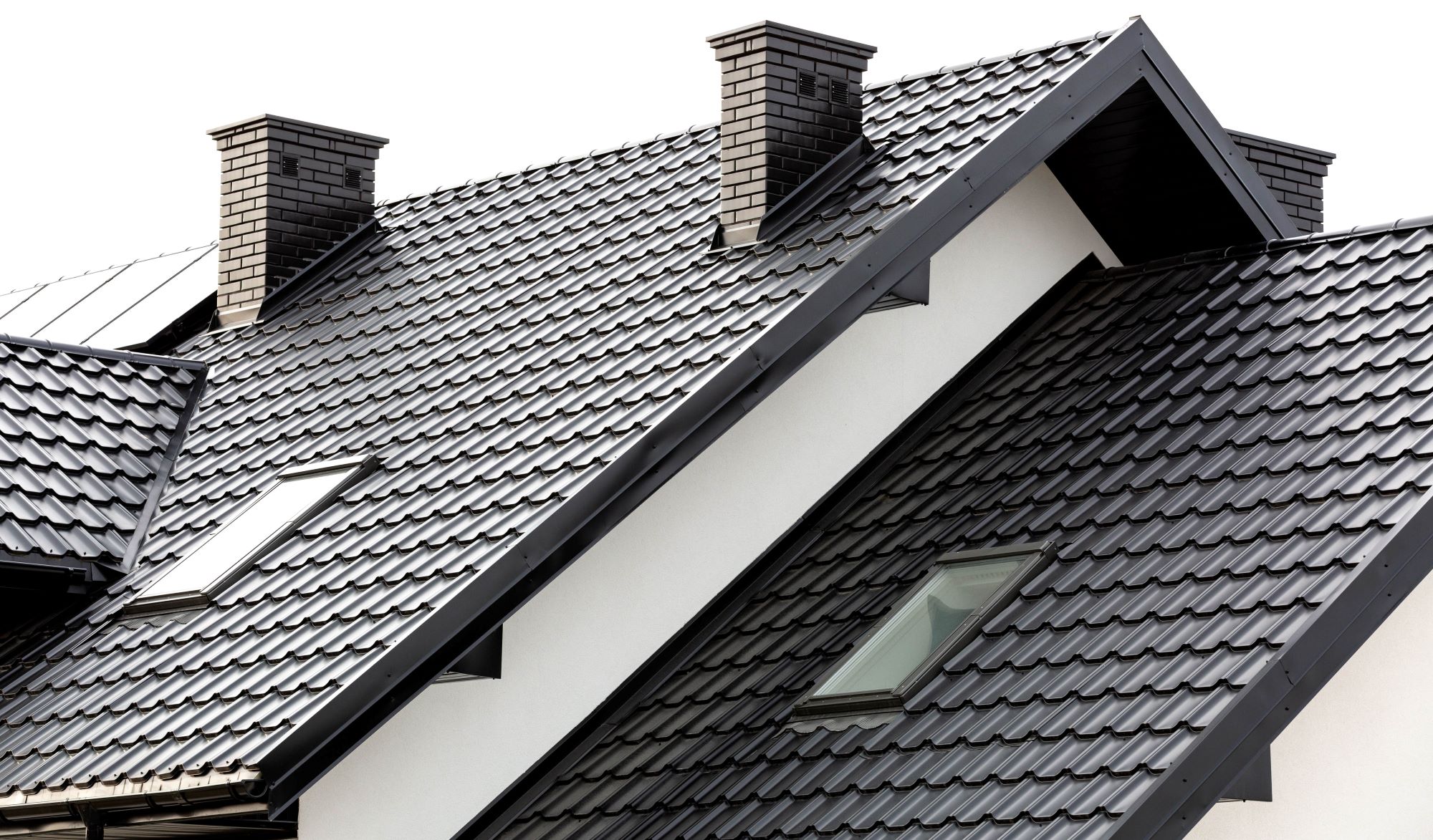The lifespan of a metal roof is a critical consideration for homeowners, building owners, and professionals in the construction and roofing industry. When investing in a new roof, understanding the longevity and durability of the materials chosen is essential. Metal roofing, known for its resilience and aesthetic versatility, stands out as a preferred choice for many. This discussion will explore the expected lifespan of a metal roof, factors influencing its durability, the role of metal roofers, the importance of selecting local metal roofing companies, and how to identify the best metal roofing company for your needs.
Expected Lifespan of a Metal Roof
Metal roofing is celebrated for its longevity, significantly outperforming traditional roofing materials like asphalt shingles, wood shakes, or clay tiles. Typically, a metal roof can last from 40 to 70 years, depending on several factors including the type of metal used, the quality of installation, and the local climate. For instance, materials like galvanized steel, aluminum, copper, and zinc vary in their durability and resistance to environmental conditions, with some metals offering a lifespan at the upper end of this range or even beyond.
Factors Influencing Lifespan
Several key factors contribute to the extended lifespan of metal roofs:
- Material Quality: High-quality metals with corrosion-resistant coatings can withstand the elements better and last longer.
- Installation: Proper installation by experienced metal roofers is crucial for maximizing the lifespan of a metal roof. A well-installed roof ensures that panels are secure and seams are properly sealed, preventing water ingress and damage.
- Maintenance: While metal roofs require minimal maintenance, regular inspections and prompt repairs of any minor issues can prevent larger problems and extend the roof’s life.
- Local Climate: The local climate plays a significant role in the longevity of a metal roof. Roofs in areas with extreme weather conditions, such as heavy snowfall, hurricanes, or high UV exposure, may have different durability needs.
The Role of Metal Roofers
Professional metal roofers are instrumental in achieving the full potential lifespan of a metal roof. Their expertise and experience ensure that the roof is installed correctly, with attention to detail that can prevent future issues. Metal roofers also provide valuable advice on the best materials and installation techniques for specific local climates and building types, tailoring their approach to each project’s unique requirements.
Selecting Local Metal Roofing Companies
Choosing local metal roofing companies offers several advantages. Local companies are familiar with the regional climate and environmental challenges, allowing them to recommend the most suitable metal roofing materials and installation methods. Additionally, they can provide more personalized service and quicker response times for maintenance or repairs. Local companies also understand local building codes and regulations, ensuring that the roof meets all legal requirements.
Identifying the Best Metal Roofing Company
Finding the best metal roofing company involves research and due diligence. Consider the following criteria when making your selection:
- Experience: Look for a company with extensive experience in installing metal roofs, as this indicates a deep understanding of the nuances of metal roofing.
- Reputation: Check reviews, testimonials, and references to gauge the company’s reputation. A history of satisfied customers is a strong indicator of quality service and expertise.
- Certifications and Warranties: Reputable companies often have certifications from industry associations and offer strong warranties on their work, signaling confidence in their materials and craftsmanship.
- Local Knowledge: The best metal roofing company will have a thorough understanding of the local area, including climate and building codes, to provide the most appropriate roofing solutions.
Maintenance and Care
To maximize the lifespan of a metal roof, regular maintenance is essential, though it is less demanding than for other roofing materials. This includes periodic inspections to identify and rectify potential issues like loose fasteners, sealant failures, or minor corrosion. Cleaning the roof to remove debris and prevent the accumulation of moisture also contributes to its longevity.
Environmental Considerations
Metal roofs are not only durable but also environmentally friendly. They are often made from recycled materials and are fully recyclable at the end of their lifespan, contributing to a cycle of sustainability. Additionally, their reflective properties can improve energy efficiency by reducing cooling costs, further enhancing their appeal to environmentally conscious homeowners and builders.
Conclusion
The expected lifespan of a metal roof is a testament to its durability, sustainability, and practicality. With potential lifespans ranging from 40 to 70 years or more, metal roofing offers a long-term solution for residential and commercial buildings alike. The key to maximizing this lifespan lies in choosing the right materials, ensuring proper installation by skilled metal roofers, performing regular maintenance, and selecting a reputable local metal roofing company. By focusing on these elements, homeowners and building owners can enjoy the benefits of a metal roof for decades, making it a wise investment for the future. Identifying the best metal roofing company is essential in this process, as their expertise and experience are pivotal in achieving a high-quality, long-lasting roof.
- Roofing Company Denver CO
- Roofing Company Fort Collins CO
- Roof Installation Denver CO
- Roof Installation Fort Collins CO
- Roof Repair Denver CO
- Metal Roof Installation Denver CO
- Metal Roof Repair Denver CO
- Flat Roof Installation Denver CO
- Flat Roof Repair Denver CO
- Tile Roof Installation Denver CO
- Tile Roof Repair Denver CO
- Commercial Roofing Denver CO
- Roofing Company Littleton CO
- Roofing Company Colorado Springs CO
- Roofing Company Boulder CO
- Roofing Company Arvada CO
- Roof Installation Littleton CO
- Roof Installation Colorado Springs CO
- Roof Installation Boulder CO
- Roof Installation Arvada CO
- Roof Repair Fort Collins CO
- Roof Repair Littleton CO
- Roof Repair Colorado Springs CO
- Roof Repair Boulder CO
- Roof Repair Arvada CO
- Commercial Roofing Fort Collins CO
- Commercial Roofing Colorado Springs CO
- Commercial Roofing Boulder CO
- Roofing Company Longmont CO
- Roof Installation Longmont CO
- Roof Repair Longmont CO
- Metal Roof Installation Longmont CO
- Flat Roof Installation Longmont CO
- Home Remodeling Longmont CO
- Commercial Roofing Longmont CO
- Commercial Roof Replacement Denver CO
- Commercial Roof Replacement Longmont CO
- Commercial Roof Installation Denver CO
- Commercial Roof Installation Longmont CO
- Commercial Roof Company Denver CO
- Commercial Roof Company Longmont CO
- Commercial Roof Contractor Denver CO
- Commercial Roof Contractor Longmont CO
- Window Installation Denver CO
- Window Installation Longmont CO
- Window Contractor Denver CO
- Window Contractor Longmont CO
- Window Replacement Denver CO
- Window Replacement Longmont CO
- Window Installation Company Denver CO
- Window Installation Company Longmont CO

